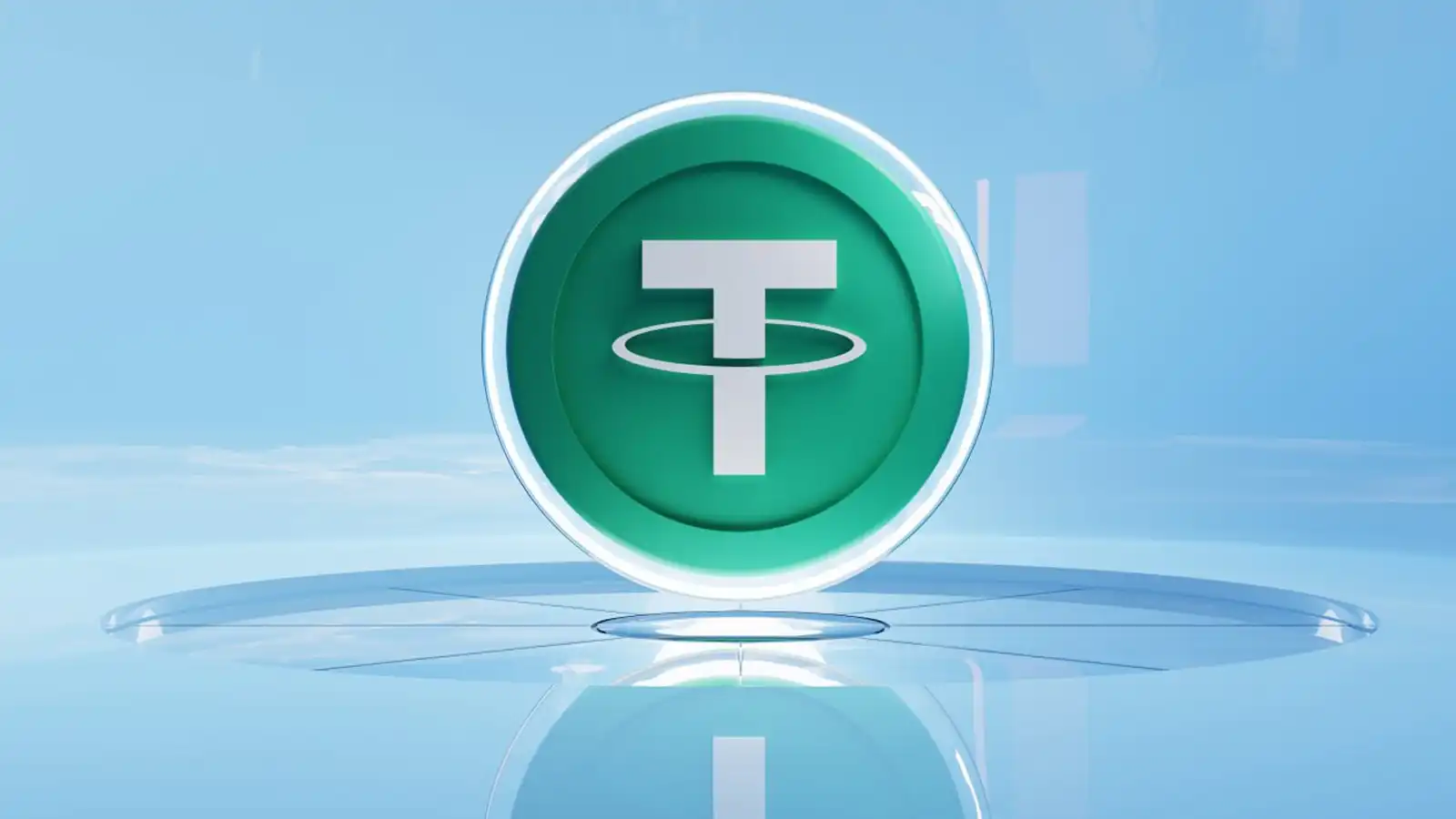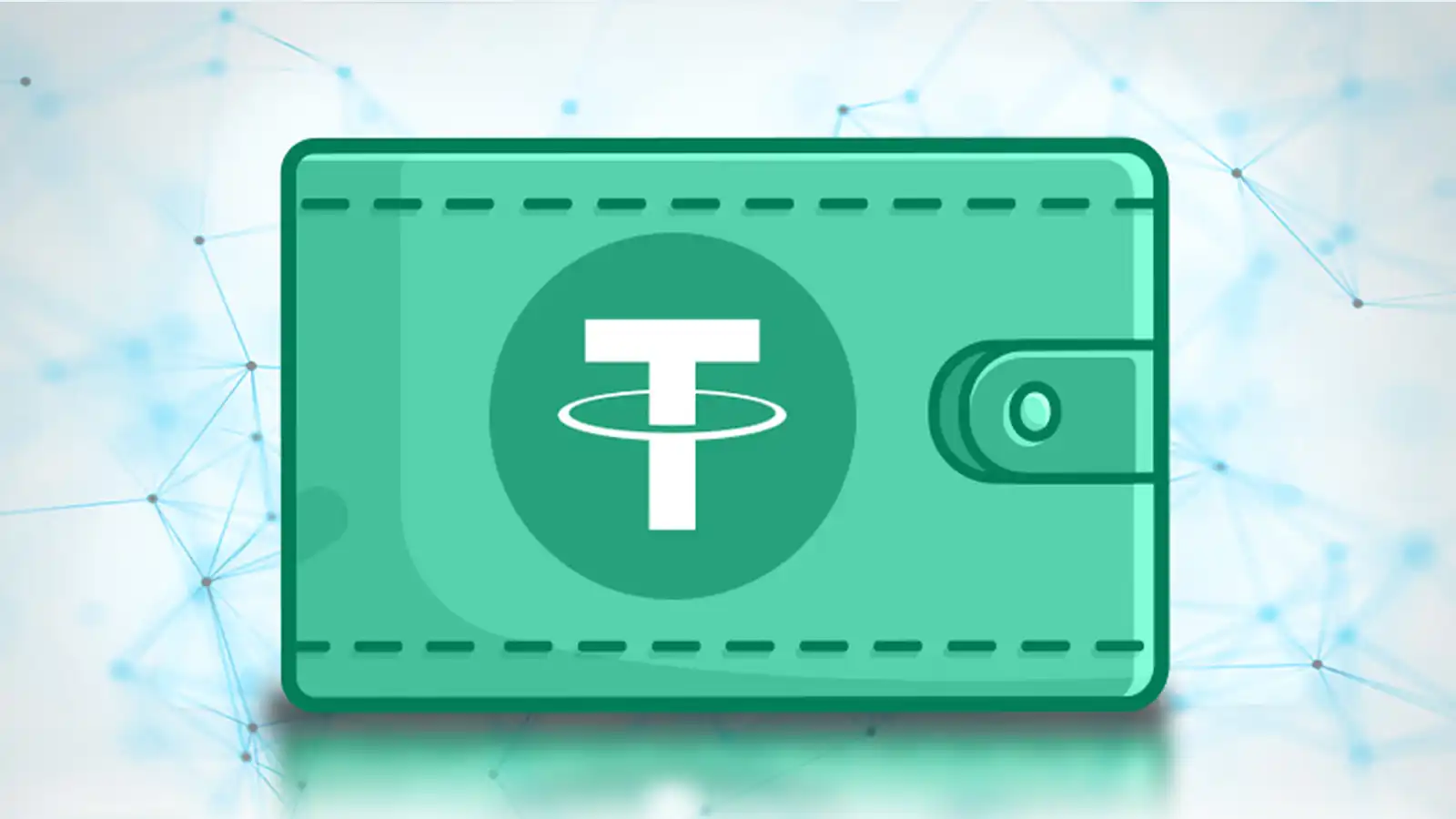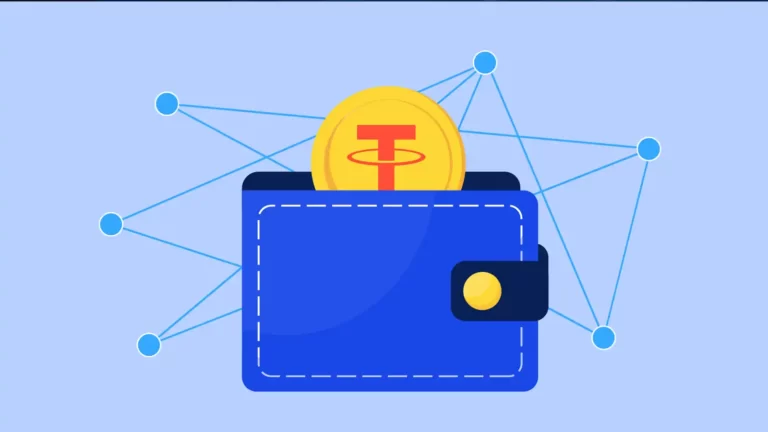Table of Contents
Toggle- What Is Tether (USDT) and Why Do You Need a Wallet?
- Types of Tether Wallets
- The Top 5 Best Tether (USDT) Wallets of 2024
- Are USDT Wallets Safe?
- Conclusion
- What exactly is a Tether (USDT) wallet?
- Are there different types of Tether (USDT) wallets?
- How do I know which wallet is right for me?
- Can I store other cryptocurrencies in a USDT wallet?
If you’re into cryptocurrency, you probably know the importance of keeping your digital assets safe and sound. It’s a critical aspect of the game that can make or break your investment success. Tether (USDT), one of the most widely used stablecoins, requires a digital wallet to hold it safely. With many options on the market, choosing the best Tether (USDT) wallet for your needs takes research. This article guides you through top considerations like security, accessibility, cost, and features to select an optimal wallet solution.
With threats like hacking and scamming in the crypto space, entrusting your hard-earned stablecoins to a reputable, reliable wallet is critical. By understanding key factors in USDT wallets when making your pick, you can gain confidence your tokens are stored both conveniently and safely. Let this comprehensive comparison help you make the soundest choice to protect your investment.
What Is Tether (USDT) and Why Do You Need a Wallet?
Tether (USDT) is a stablecoin, a digital currency pegged to a fiat currency like the U.S. dollar. Each USDT token is backed by actual dollars held in reserve, so its value remains steady at about USD 1. USDT allows you to store and move dollars on the blockchain, which can be used to buy and trade other cryptocurrencies. You’ll need a best Tether (USDT) wallet or a digital wallet to store, send, and receive your USDT.
What is a Digital Wallet?
A crypto digital wallet is where you store your crypto like Bitcoin or USDT tokens. It allows you to send and receive crypto and monitor your balances. Crypto wallets have two parts: a public address, which you give to others, and a private key that only you know.
When you buy cryptocurrency, the exchange generates a wallet address for you. But it’s safer to use a separate wallet that you control. There are two main types of crypto wallets:
• Software or online wallets: These are apps you download on your phone or computer. They are easy to use but less secure since the private key is stored online.
• Hardware wallets: These physical devices store the private key offline. They are more secure but a bit harder to use.
Whichever wallet you use, you must keep the private key safe. If you lose it, you will lose access to your crypto forever. A crypto wallet only stores the keys; the actual crypto transactions happen on the blockchain, a public record of all transactions.
With the right digital wallet and safety precautions, you’ll have peace of mind knowing your Tether tokens are secure yet still readily available when you want to buy, sell, or trade cryptocurrencies. Choose an option that fits your needs and technical abilities, set a strong password, enable 2FA, and back up your wallet to protect your USDT holdings.
Types of Tether Wallets
Three main types of wallets can store your Tether (USDT) coins:

Hardware Wallets
Hardware wallets are physical devices that store your private keys offline. They are considered the most secure method for storing cryptocurrencies. Popular options for USDT include the Ledger Nano X and Trezor Model T. Hardware wallets typically range from $50 to $200, depending on the model. You must connect your hardware wallet to a computer to send and receive USDT.
Software Wallets
Software wallets are digital apps running on your computer, mobile device, or online web service. They are convenient to use but are considered less secure since your private keys are stored digitally and could potentially be hacked. Popular software wallet options for USDT include Exodus, Atomic Wallet, and Trust Wallet. Software wallets are free to use, but be cautious with the number of coins you store in them. For larger holdings, use a hardware wallet instead.
Paper Wallet
A paper wallet is a physical printout of your public and private keys. It allows you to store your USDT coins offline. To access your funds, you scan the QR code or enter the private key into a software wallet. Paper wallets are free but can be insecure if lost or damaged. Creating multiple copies and storing them in separate locations for larger amounts is best.
The type of Tether wallet you choose will depend on your needs and risk tolerance. For most users, a combination of a software wallet for small amounts and a hardware wallet for long-term storage of larger amounts is an effective and secure approach. Be sure to research to find the best Tether (USDT) wallet solutions for your USDT holdings.
The Top 5 Best Tether (USDT) Wallets of 2024
To securely store your USDT, you’ll want to choose the best Tether (USDT) wallet that supports the TRC20 token standard. Some of the top options are:
Ledger
The Ledger Nano X is a popular hardware wallet that supports USDT and over 1,500 other cryptocurrencies. It’s a cold storage solution, meaning your private keys are stored offline on the device. This makes it an extremely secure option.
Trezor
Like the Ledger, the Trezor Model T is a hardware wallet that supports USDT. It’s open-source, secure, and easy to use. The Ledger or Trezor would be an excellent choice if security is a top priority.
Binance
The Binance wallet is a free, secure wallet provided by the Binance exchange. It supports USDT and a wide range of other cryptocurrencies. While convenient, hot wallets like Binance carry more risk than hardware wallets. Only keep funds in a hot wallet that you actively trade.
Trust Wallet
Trust Wallet is a mobile wallet that supports USDT and many other cryptocurrencies. It’s a user-friendly wallet with features like buying crypto directly within the app. However, as with any hot wallet, Trust Wallet isn’t as secure as a hardware wallet.
Coinbase Wallet
Rounding out the top 5 is the Coinbase Wallet, a mobile wallet from the Coinbase exchange. It’s simple to set up and use, supports USDT and allows you to buy and trade crypto. For security, use a hardware wallet for long-term storage and only keep a small amount of crypto in any hot wallet.
Are USDT Wallets Safe?
When it comes to storing your USDT holdings, security should be a top priority. As with any digital asset, you must take necessary precautions to safeguard your funds from threats like hacking, phishing, or scams. USDT wallets that incorporate strong security features can help mitigate risks. However, no method is 100% foolproof, so you must also exercise caution.

Some factors that determine a USDT wallet’s safety include:
- Private keys: Look for a wallet that gives you full control of your private keys. Avoid any service that does not allow you to withdraw your USDT. Private keys are needed to access your funds, so controlling them is important for security.
- Two-factor authentication: Choose a wallet with two-factor authentication, like SMS text message verification or Google Authenticator. This adds an extra layer of security for logging in and transactions.
- Open-source code: Open-source wallets have publicly auditable code. This allows the community to test for vulnerabilities and suggest improvements to make the software more robust. Closed-source wallets are more prone to bugs and security risks.
- Cold storage: For large amounts of USDT, use a wallet that offers cold storage. This keeps your private keys offline and away from hackers. Only connect your wallet to the Internet to send or receive transfers.
- Reputation and reviews: Consider the wallet’s reputation and read reviews from other users. Look for a track record of security, reliability, and responsive customer support. Avoid any wallets with a history of being hacked or not addressing reported issues.
Choosing the best Tether (USDT) wallet that prioritizes security and gives you control of your private keys gives you more confidence in keeping your digital assets safe from threats. However, you must always remain vigilant against phishing attempts and other scams seeking access to your account or personal information. Responsibility for your funds ultimately lies with you, so take proactive measures to guard against vulnerabilities.
Conclusion
As you can see, several robust options exist when looking for a Tether wallet that provides security, usability, and accessibility for your digital assets. The right choice comes down to your specific needs and preferences as an investor and trader. Carefully consider the features of each for the best Tether (USDT) wallet covered here as you determine the optimal fit based on your priorities.
By selecting a wallet that aligns with your goals, you can have greater confidence and peace of mind that your USDT is stored and managed effectively. With an increased understanding of the top Tether wallets available, you can now make a selection that supports your crypto investment strategy.
What exactly is a Tether (USDT) wallet?
A Tether wallet is a cryptocurrency wallet that allows you to store, send, and receive Tether coins. Tether (USDT) is a stablecoin pegged to the U.S. dollar.
Are there different types of Tether (USDT) wallets?
Yes, several types of wallets support Tether, including:
- Hardware wallets: Physical devices like Ledger Nano S and Trezor that offer cold storage and maximum security.
- Mobile wallets: Apps like Trust Wallet and Atomic Wallet for storing USDT on your phone.
- Web-based wallets: Online wallets such as imToken and HyperPay allow you to access your USDT through any web browser.
- Desktop wallets: Software wallets like Exodus and Binance are installed on your PC.
How do I know which wallet is right for me?
The wallet you choose depends on your needs and technical expertise. Hardware wallets offer the best security but typically require more technical knowledge. Web and mobile wallets are easy to use but more vulnerable to cyber threats. Consider how actively you trade USDT, the amount of coins you hold, and your security preferences.
Can I store other cryptocurrencies in a USDT wallet?
Some USDT wallets only support Tether, while others are multi-currency wallets that can store coins like Bitcoin, Ethereum, and Litecoin in addition to USDT. If you only transact in Tether, a wallet dedicated to USDT may suit you best. For active trading of multiple currencies, a multi-currency wallet is more convenient.







